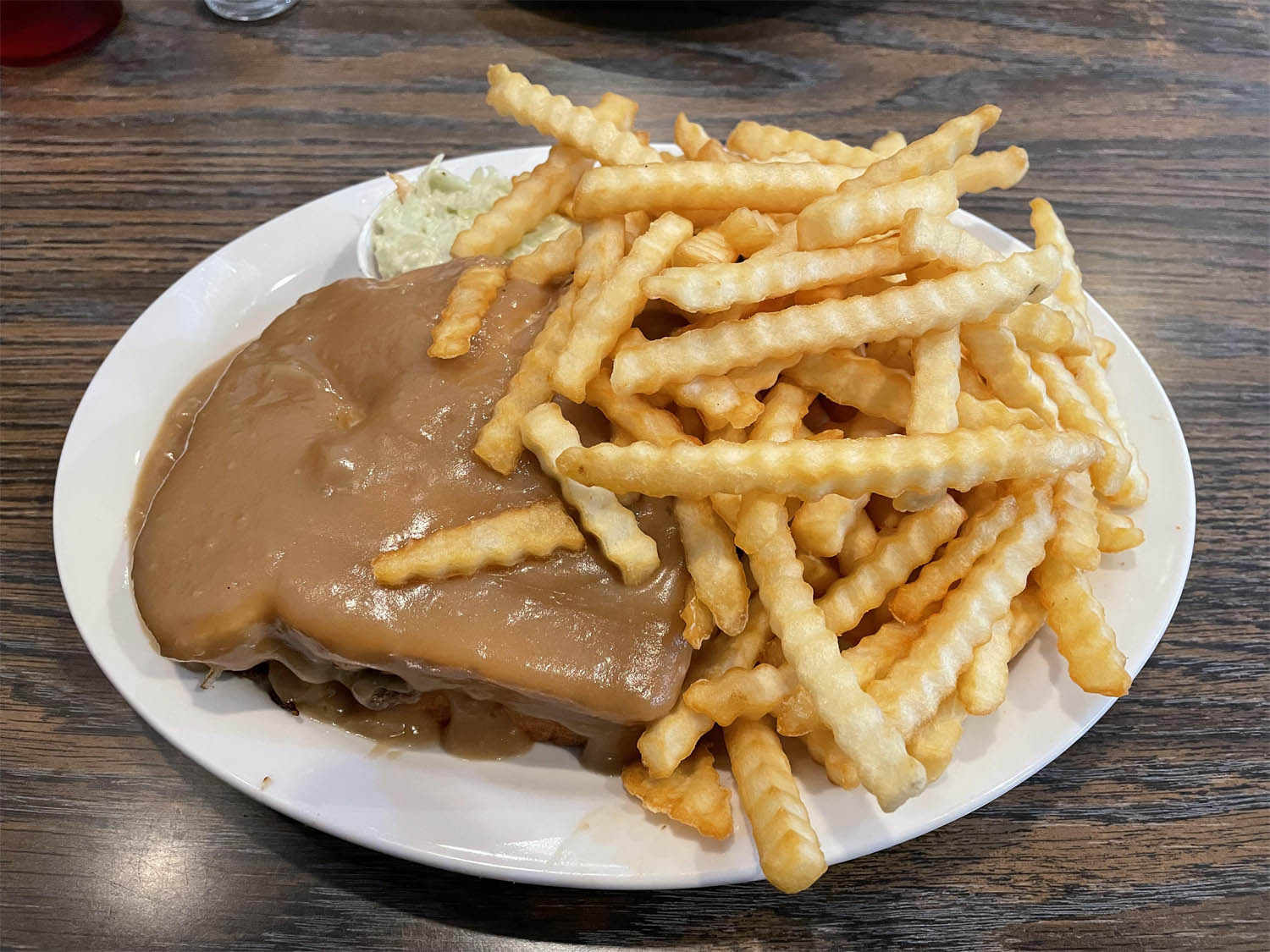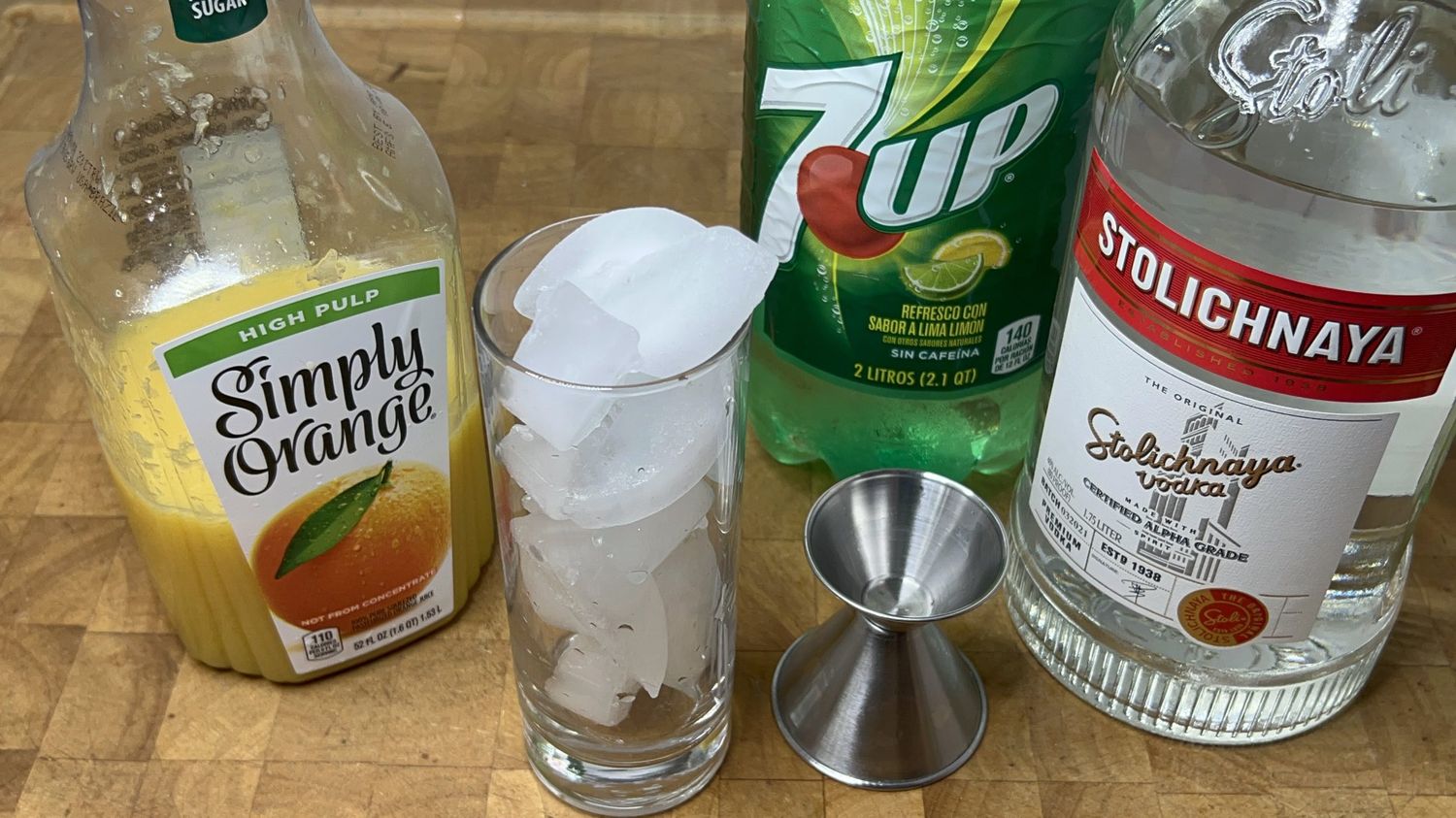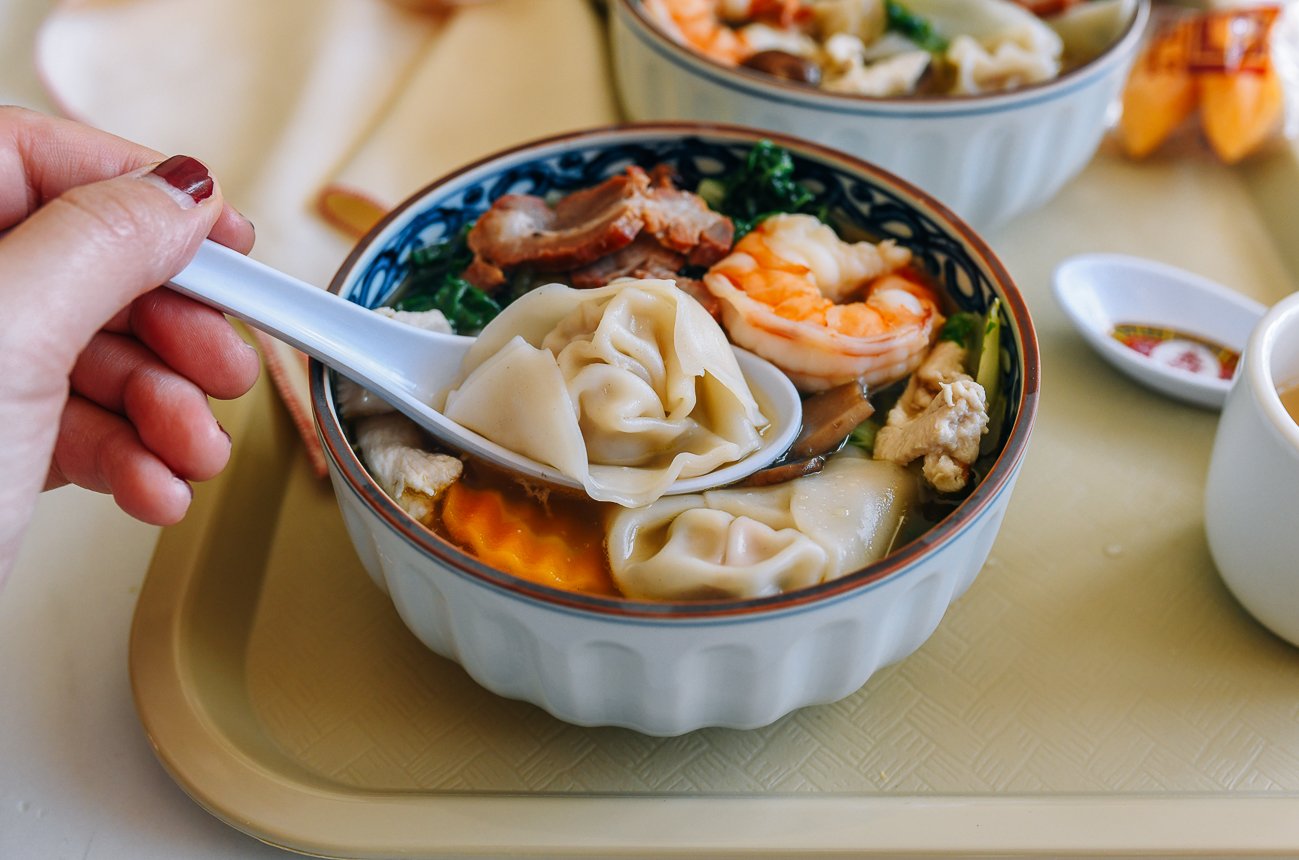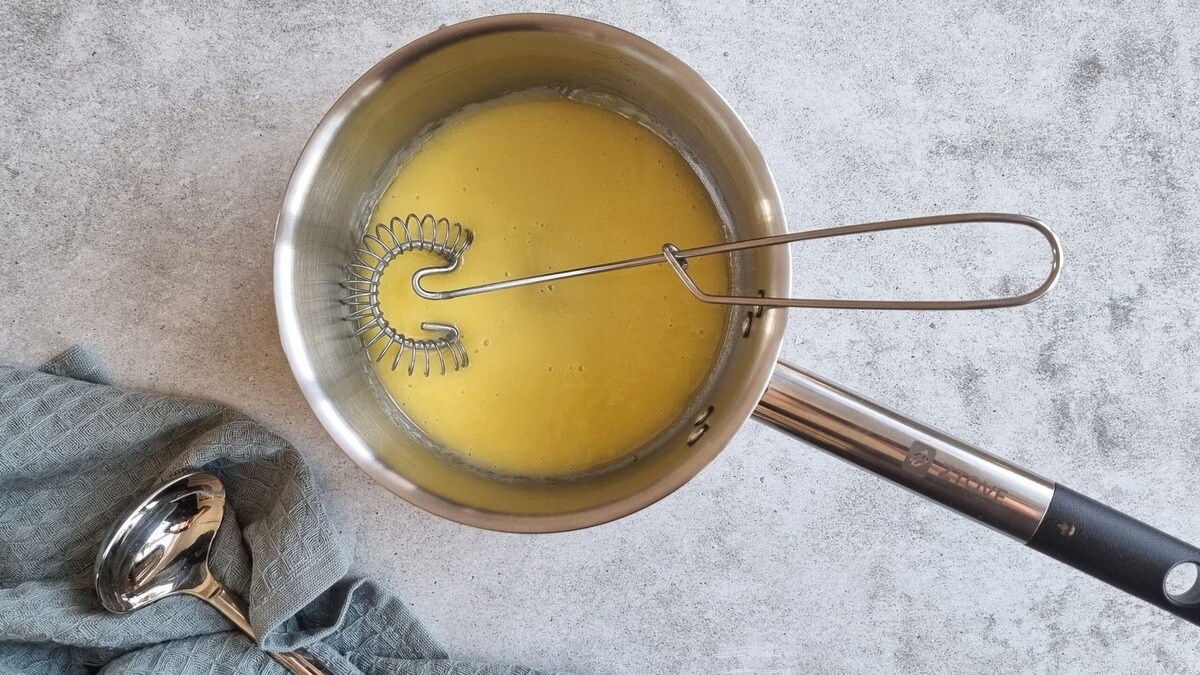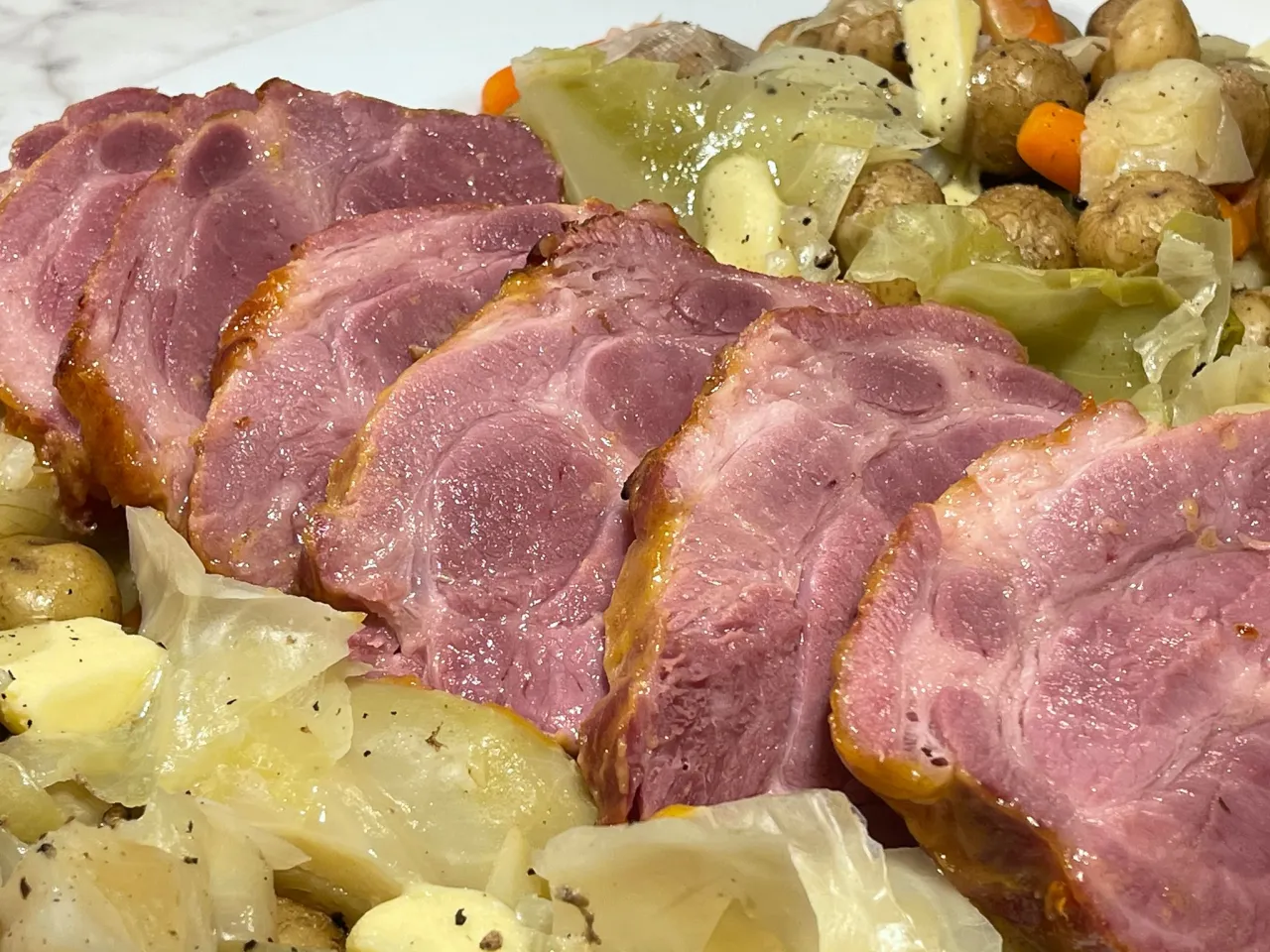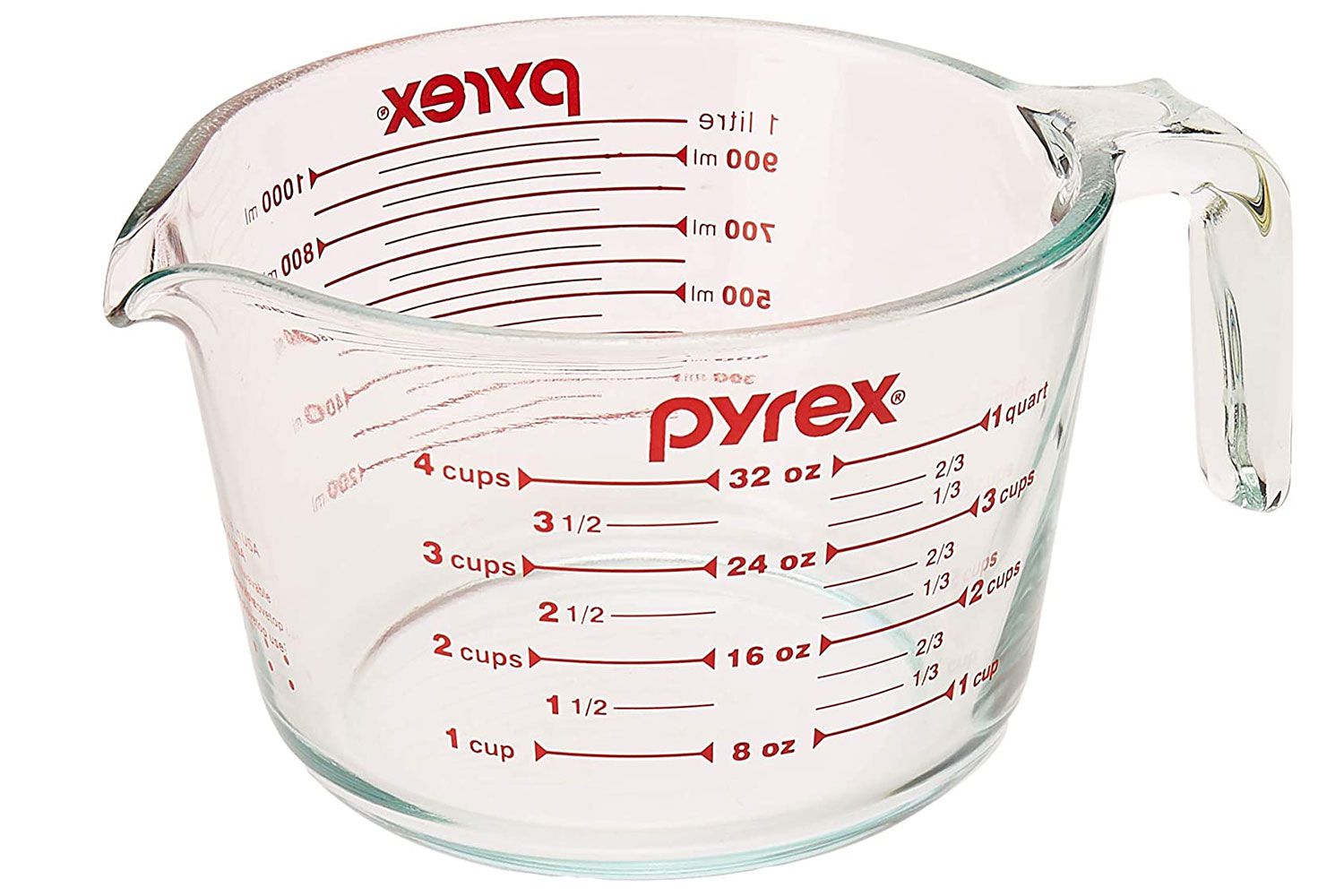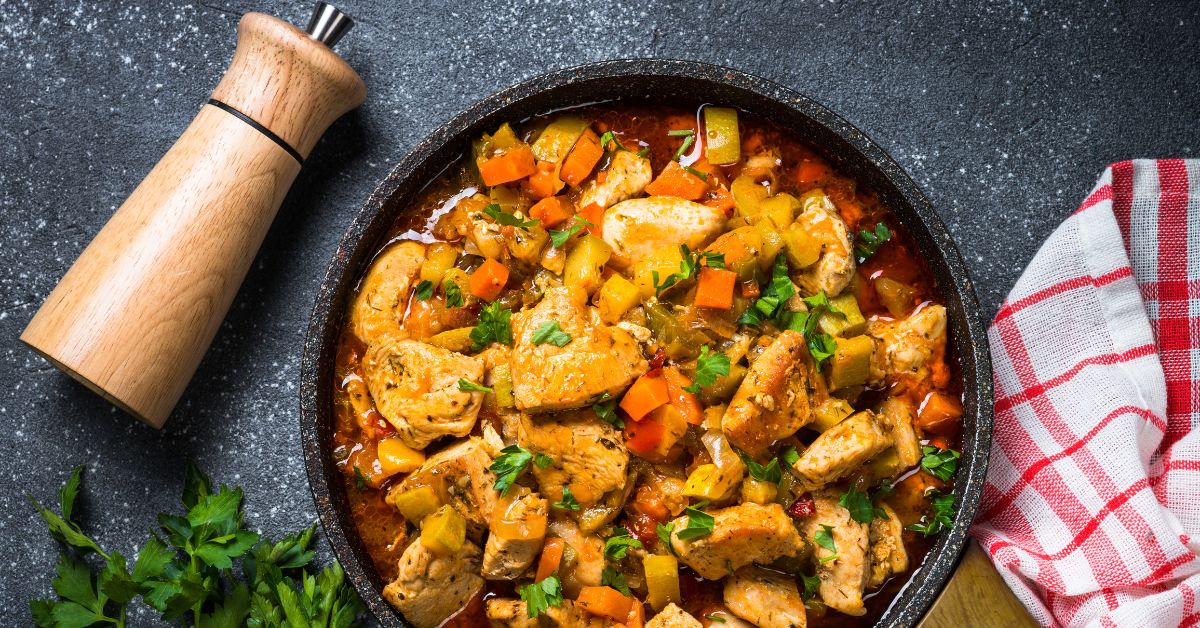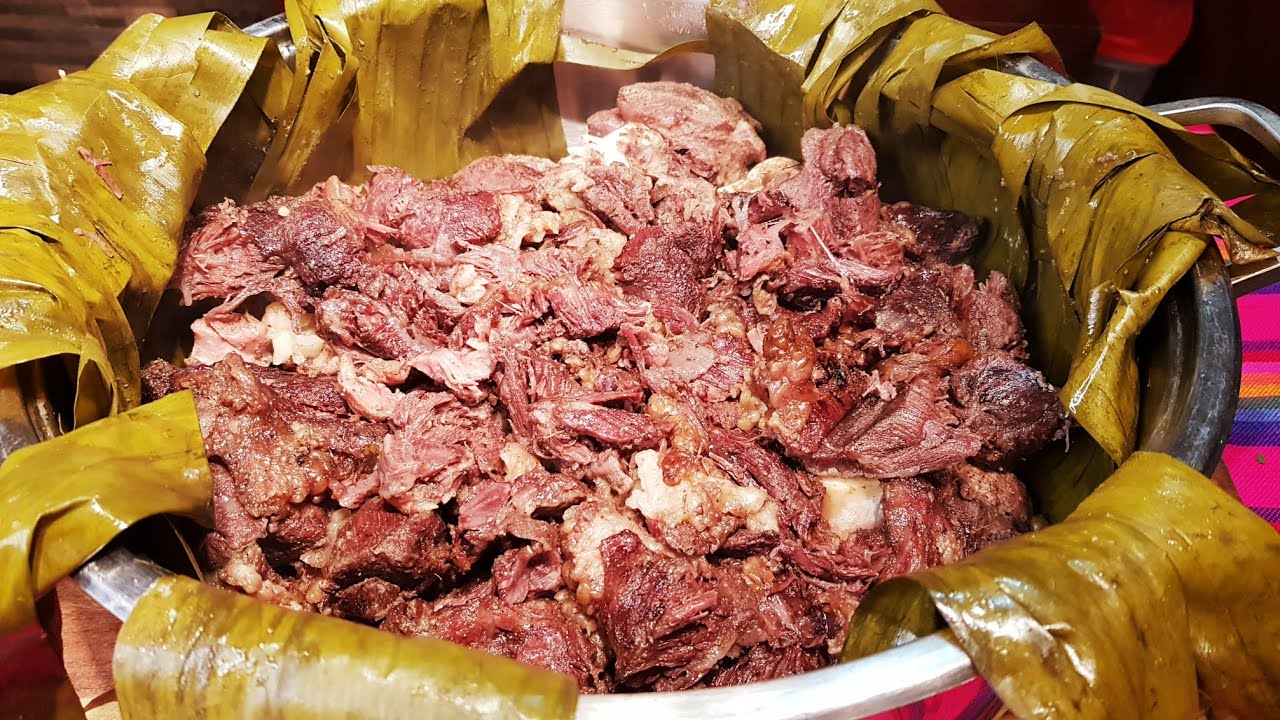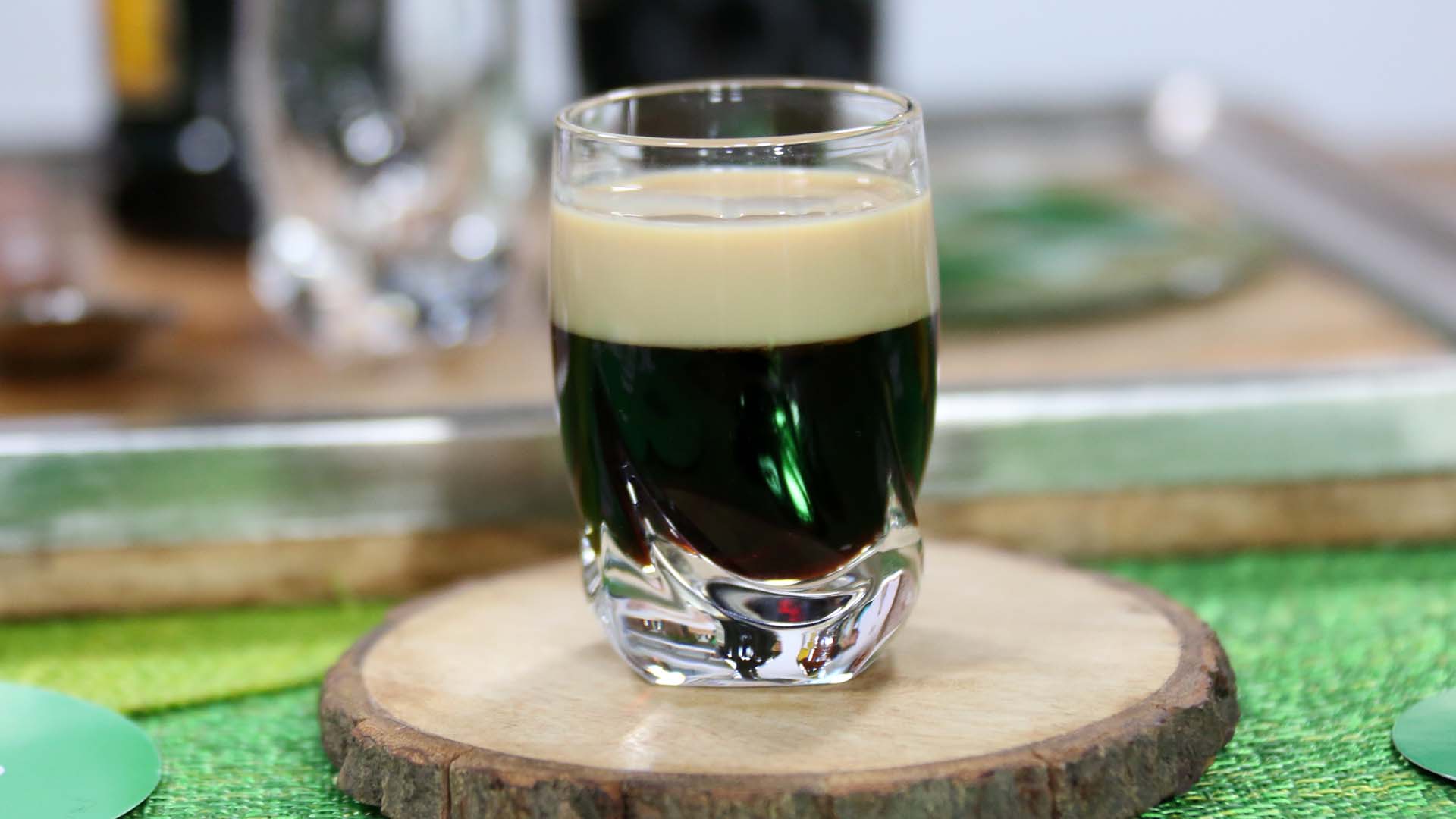When it comes to cooking, onions are a staple ingredient in many recipes. They come in various colors, including white, yellow, and brown. In this article, we'll explore what a brown onion is and how it differs from other types of onions.
What Is a Brown Onion?
Brown onions, also known as yellow onions, are a popular variety of onion with a strong flavor and a slightly sweet taste. They are widely used in cooking and are known for their versatility in various dishes. Here are some key characteristics of brown onions:
-
Color: As the name suggests, brown onions have a brown papery skin and off-white flesh on the inside.
-
Flavor: They have a pungent and slightly sweet flavor, making them a great addition to savory dishes.
-
Versatility: Brown onions are suitable for a wide range of cooking methods, including sautéing, caramelizing, and roasting.
How to Use Brown Onions in Cooking
Brown onions are incredibly versatile and can be used in a variety of dishes to add flavor and depth. Here are some popular ways to use brown onions in cooking:
-
Sautéing: Sautéing brown onions in a pan with some oil until they are soft and translucent is a great way to start many savory dishes, such as soups, stews, and sauces.
-
Caramelizing: Slow-cooking brown onions over low heat can bring out their natural sweetness, making them perfect for adding depth of flavor to dishes like French onion soup or caramelized onion tarts.
-
Roasting: Roasting brown onions alongside meats or other vegetables can add a rich, savory flavor to the dish.
-
Raw: Brown onions can also be used raw in salads, salsas, and sandwiches for a sharp, pungent flavor.
Nutritional Benefits of Brown Onions
In addition to their delicious flavor and culinary versatility, brown onions also offer several nutritional benefits. They are a good source of:
-
Vitamin C: Brown onions contain vitamin C, which is essential for a healthy immune system and overall well-being.
-
Fiber: They are also a good source of dietary fiber, which is important for digestive health.
-
Antioxidants: Brown onions contain antioxidants that help protect the body from oxidative stress and inflammation.
How to Select and Store Brown Onions
When selecting brown onions at the grocery store or market, look for ones that are firm and have dry, papery skins. Avoid onions that are soft, moldy, or have sprouting green shoots.
To store brown onions, keep them in a cool, dry, and well-ventilated place. They can be stored in a pantry or cupboard for several weeks. Once an onion is cut, it should be wrapped in plastic wrap and refrigerated for use within a few days.
In Conclusion
Brown onions are a versatile and flavorful ingredient that can enhance a wide variety of dishes. Whether sautéed, caramelized, roasted, or used raw, brown onions add depth and complexity to recipes. With their nutritional benefits and long shelf life, they are a valuable addition to any kitchen. So, the next time you're preparing a meal, consider reaching for a brown onion to elevate the flavors of your dish.
Was this page helpful?
Read Next: What Is Barramundi?
